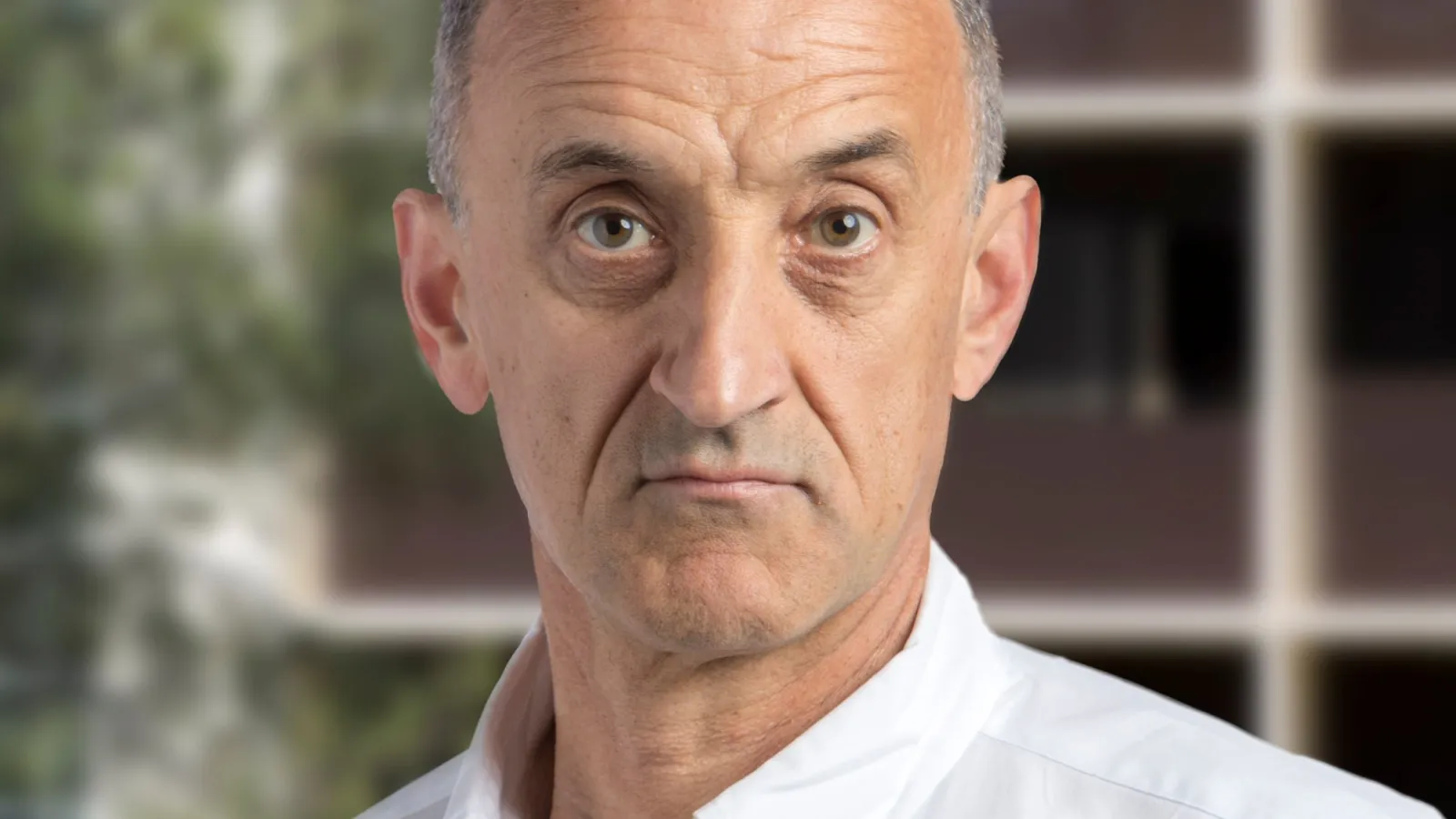Copyright sandiegouniontribune

With a four-year, $3.2 million grant, Dr. Luc Teyton of Scripps Research in La Jolla is further equipped to explore Type 1 diabetes and what can be done to treat it. About 1.6 million Americans have Type 1 diabetes — an autoimmune disease that causes the immune system to attack insulin-producing cells, Scripps Research said in a statement announcing the grant. Scientists know genetics are a key driver behind diabetes, but what starts the autoimmune attacks is unknown. “For us, the focus is really understanding the initiation mechanism — going back to square one,” Teyton, a Scripps professor, told the La Jolla Light. “If we understand square one, I’m convinced we’ll have better ways of offering cures.” Teyton’s lab currently is studying vascular-associated fibroblastic cells, or VAFs, which are considered rare “molecular peacekeepers” in the pancreas. Early research indicates that when VAFs become overwhelmed, they aren’t able to protect insulin-producing cells. Without their protection, the immune system may destroy those cells. A lack of insulin-producing cells can then throw blood sugar levels out of balance. Teyton’s grant will help him and his team build on a study they published in Cell Reports in September. Their findings challenged the notion that Type 1 diabetes originates inside pancreatic islets, instead suggesting they are positioned between the islets and blood vessels. The $3.2 million grant through the National Institute of Diabetes and Digestive and Kidney Diseases enables further research into VAFs. Teyton said he’s using multiple overlapping grants to advance his lab’s work. “Especially at Scripps, you’re always overlapping the work you do or the funding you get,” Teyton said. Teyton, a Scripps scientist of nearly four decades who has worked with the National Institutes of Health and NIDDK for 30 years, estimated he’s received $12 million in grant funding during his career. For the first stretch of his career, he focused on subject matter that was in high demand, from structural studies of molecules linked to diabetes to evaluating the structure of T-cell receptors. “That was a lot of work very focused on getting structures, which are extremely difficult to get. But we got them, so we got a lot of publicity for it,” Teyton said. “But that still doesn’t explain the initiation of disease. “There are very, very few autoimmune diseases that are really understood mechanistically — what triggers the disease, or if we know the trigger, then how can we treat diseases?” Teyton’s studies are in collaboration with Joseph Jardine, an assistant professor in Scripps’ Department of Immunology and Microbiology, where Teyton also works. The two met years ago as Teyton recruited Jardine to Scripps Research. Now his involvement makes their work a multi-generational effort. “I’ve always liked the work he does, his willingness to do difficult things,” Teyton said of Jardine. “So I brought him into the Type 1 diabetes project because he can do things that are serving the project we do. And then I thought it was a good idea to have a young investigator here by an old guy like me.” Moving forward, Teyton and his team are slated to do an analysis of all antigen-presenting cells for pre-diabetic pancreatic islets and normal ones and track how the cell populations change over time. ♦



